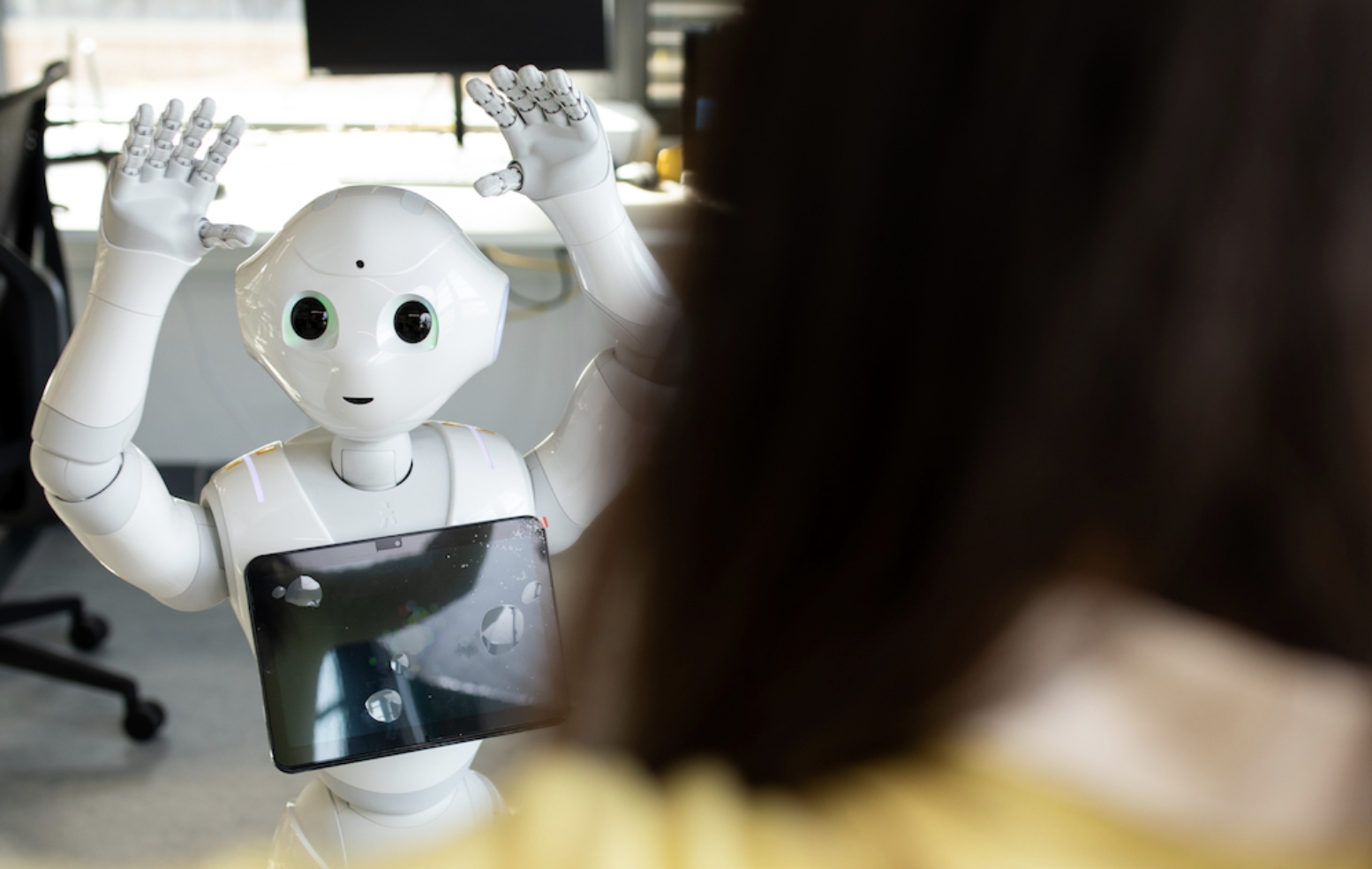Imitation is a great way to learn. The question is, who should we imitate?
Imitation is a vital skill that humans leverage in various situations. Humans achieve imitation by observing others with apparent ease. Yet, in reality, it is computationally expensive to model on artificial agents (e.g., social robots) to acquire new skills by imitating an expert agent.
Although learning through imitation has been extensively addressed in the robotic literature, most studies focus on answering the following questions: what to imitate and how to imitate. In the new paper “Who to Observe and Imitate in Humans and Robots: The Importance of Motivational Factors, “published by SCIoI members Johann Chevalère, Murat Kirtay, Verna Hafner, and Rebecca Lazarides, researchers focus on one of the overlooked questions of imitation through observation: who should we imitate?
The scientists present possible answers to the who-to-imitate question by exploring motivational factors documented in psychological research and their possible implementation in robotics. It turns out the motivational factor is extremely important when choosing our demonstrators. In other words, we choose our “model” based on outcome expectancies, viewed as the anticipated learning gains, and efficacy expectations, viewed as the anticipated costs of performing actions, respectively.
Want to know more about imitation in robotics? Check out the paper here:
https://doi.org/10.1007/s12369-022-00923-9





